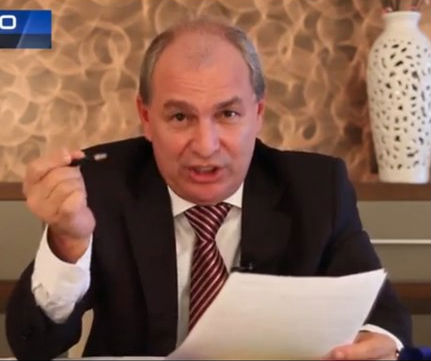Since the change in the bankruptcy law in 2005, the bankruptcy code created new limits on the number of times and the years between filing bankruptcies. If you filed bankruptcy but never received a discharge, then these rules do not apply and you may file bankruptcy anytime. If you file a bankruptcy before the waiting period has been completed, then you will not be granted a full discharge. Notwithstanding the above, you can be barred from filing a new case for 180 days after a case is dismissed, if the dismissal (a) is because you willfully failed to abide by an order of the court or to properly prosecute the case, or (b) was at your request after a creditor requested relief from the automatic stay.
Chapter 7 Bankruptcy-If you have previously been granted a discharge in a Chapter 7 bankruptcy in your previous case then you can file for bankruptcy again and you can be entitled to another discharge in the following situations:
• If you file for Chapter 7 Bankruptcy after you have filed a previous Chapter 7 bankruptcy and granted a discharge then you must wait 8 years from the date you filed your previous Chapter 7 bankruptcy. If you file prior to the 8 years then the case will be denied.. You count the 8 years from the date you filed your previous Chapter 7 bankruptcy. If you filed your previous Chapter 7 bankruptcy in January of 2003, then you are eligible to file again and get a discharge in January 2011.
Chapter 13 Bankruptcy-If have to file for Chapter 13 bankruptcy after your have obtained a discharge in a previous Chapter 7 bankruptcy then the waiting time is 4 years from the date you filed your Chapter 7 bankruptcy. If you file within 4 years of your previous Chapter 7 bankruptcy then your unsecured debts will not be discharged. This time limit only applies if you obtained a discharge in your previous Chapter 7 bankruptcy. The 4 year period begins to run from the date you filed your previous Chapter 7 bankruptcy. In other words, if you filed in June 2006, then you would be eligible for a Chapter 13 bankruptcy discharge in June of 2010.
If you have previously filed a Chapter 13 bankruptcy and were granted a discharge in your previous Chapter 13 bankruptcy then there are time limits for filing another Chapter 13 or Chapter 7 bankruptcy. You can file again, but there are time limits you must obey.
• Chapter 7 Bankruptcy - If you need to file a Chapter 7 bankruptcy after receiving a Chapter 13 discharge, you must wait 6 years from the date of filing your Chapter 13 bankruptcy to receive a full discharge.
• In order to obtain a full discharge in the Chapter 7 bankruptcy , the Chapter 7 bankruptcy must have been filed 6 years after you filed a Chapter 13 bankruptcy or if you file within 6 years, you must have paid your unsecured creditors not less than 70% of the debt you owed them. This means that if you need to file Chapter 7 bankruptcy within 6 years of your Chapter 13 bankruptcy filing, you will not be granted a discharge if you did you pay at least 70% to your unsecured creditors.
• You can obtain a full discharge of your debts in a Chapter 7 bankruptcy, even if you file within 6 years, but you must have paid your unsecured creditors 70% or more during your previous Chapter 13 bankruptcy. If you did not pay your unsecured creditors at least 70% during your previous Chapter 13 bankruptcy, and you file for Chapter 7 bankruptcy within 6 years of filing Chapter 13, then you will not be entitled to a discharge. You must wait at least 6 years from the date of filing your previous Chapter 13 bankruptcy, to file for Chapter 7 bankruptcy and receive a discharge (unless the exception applies)
• Chapter 13 Bankruptcy - If you have received a discharge in a previous Chapter 13 bankruptcy and need to file another Chapter 13 bankruptcy you must wait at least 2 years from the date of filing of your previous Chapter 13 bankruptcy. If you file within 2 years of filing your Chapter 13 bankruptcy then you will not be entitled to a discharge in your new bankruptcy case.
Understand that your previous bankruptcy affects your ability to obtain a complete discharge of your debts in your new bankruptcy case.






